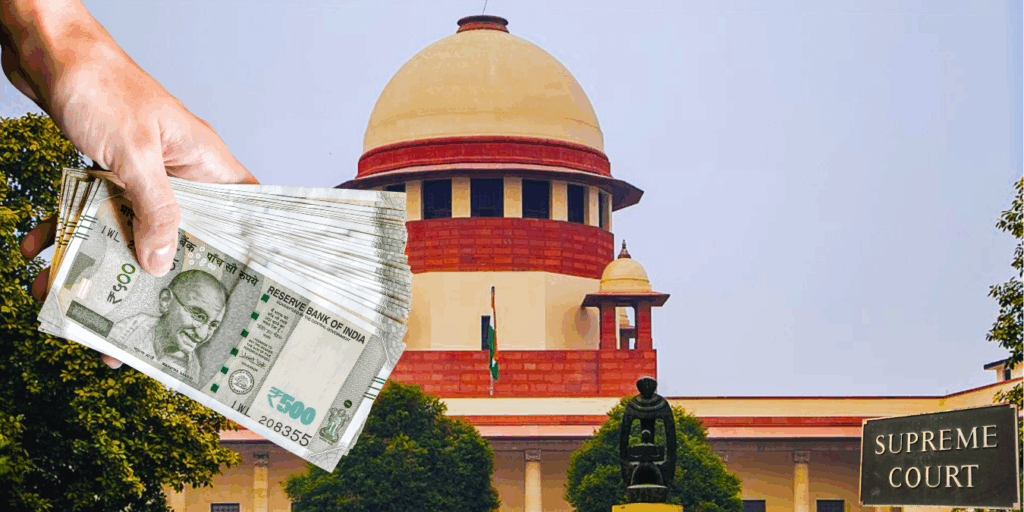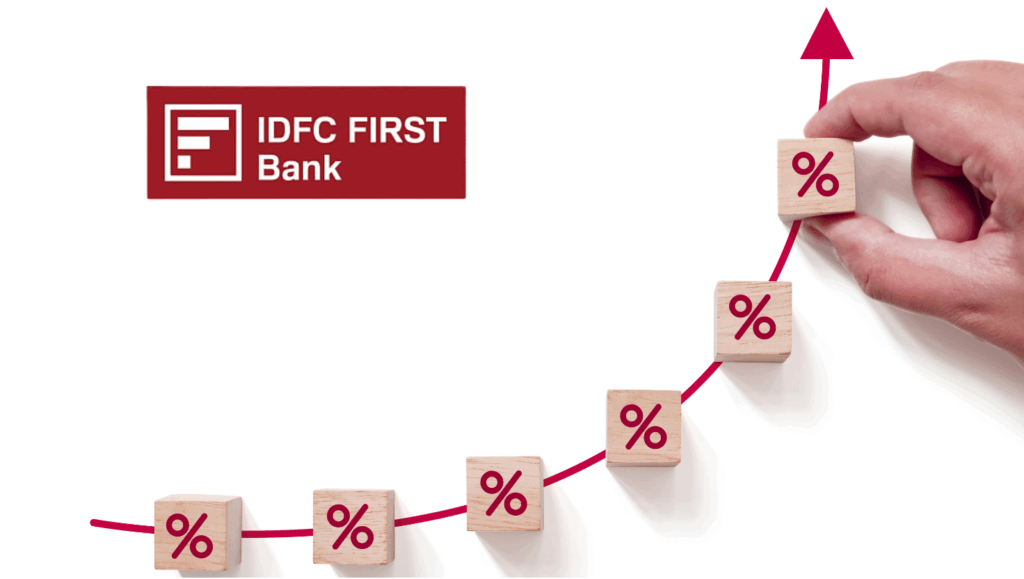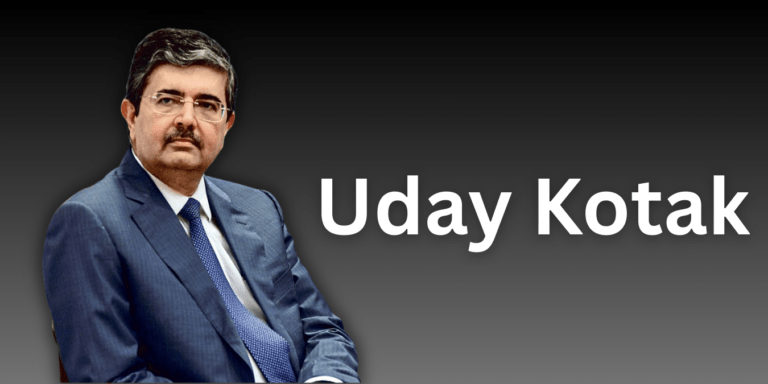
Supreme Court’s 2025 Landmark Judgment: Corporation Bank’s Delhi Auction Quashed for Non-Disclosure
In a shocking 2025 verdict, India’s Supreme Court overturned Corporation Bank’s ₹13.15 crore Delhi property auction, exposing hidden liabilities and an illegal mortgage. Why did the bank conceal critical details? How does this landmark ruling protect innocent buyers and reshape bank auctions? Dive into the suspenseful tale of transparency failures, a high-stakes legal battle, and the Court’s bold restitution order.
On September 25, 2025, the Supreme Court of India delivered a ground breaking verdict that sent shockwaves through the nation’s banking and real estate sectors. In a case involving Corporation Bank’s auction of a prime Delhi property, the Court invalidated the sale due to the bank’s failure to disclose material liabilities, ordering a full refund with interest to the innocent auction purchaser. This ruling not only reshapes the legal landscape for bank-led property auctions but also underscores the critical need for transparency, statutory compliance, and accountability in debt recovery processes. Whether you’re a borrower, lender, or bidder, understanding this judgment is essential for navigating India’s property auction regime with confidence.
Background of the Case: The Delhi Property Auction Dispute
The DDA Land and Corporation Bank’s Role
The case centers on a leasehold property in Jasola, Delhi, originally allotted by the Delhi Development Authority (DDA) to a private club for recreational purposes. The club mortgaged this land to Corporation Bank to secure a loan, but critically, it failed to obtain mandatory written consent from the Lieutenant Governor, a condition stipulated in the lease agreement. This oversight rendered the mortgage legally questionable from the outset.
When the club defaulted on its loan, Corporation Bank, invoking the Securitisation and Reconstruction of Financial Assets and Enforcement of Security Interest Act, 2002 (SARFAESI Act), initiated recovery proceedings. In 2012, the bank conducted an e-auction, selling the property to M/s Jay Bharat Commercial Enterprises for ₹13.15 crores. However, the auction notice omitted a critical detail: the property carried an “unearned increase” liability, a payment owed to the DDA for the appreciated value of the leasehold land. This non-disclosure would prove to be the auction’s undoing.
The Legal Battle Begins
M/s Jay Bharat, acting in good faith, purchased the property unaware of these encumbrances. When the DDA challenged the auction’s validity, citing the unauthorized mortgage and undisclosed liabilities, the Delhi High Court initially dismissed their petition. Undeterred, the DDA escalated the matter to the Supreme Court, which delivered its landmark ruling in 2025, quashing the auction and holding Corporation Bank accountable for procedural lapses.
Key Legal Issues Addressed by the Supreme Court
Failure to Disclose Encumbrances Violates Statutory Rules
The Supreme Court’s ruling hinged on Corporation Bank’s breach of transparency obligations under Rule 53 of the Second Schedule of the Income Tax Act, 1961, and Rule 16 of the Income Tax (Certificate Proceedings) Rules, 1962. These provisions mandate that auction notices must clearly disclose all material particulars, including any liabilities or encumbrances attached to the property. By failing to mention the DDA’s unearned increase claim, the bank issued a misleading auction notice, rendering the entire process void. This violation underscored the Court’s stance that transparency is non-negotiable in public auctions.
Invalid Mortgage Due to Lack of Consent
The Court scrutinized the mortgage’s validity, noting that the DDA’s lease agreement explicitly required prior consent from the Lieutenant Governor for any mortgage. The club’s failure to secure this approval rendered the mortgage “illegal ab initio,” meaning it was void from the start. Consequently, Corporation Bank’s security interest in the property was legally untenable, further invalidating the auction conducted under the SARFAESI Act. This finding highlights the importance of verifying leasehold conditions before using such properties as loan collateral.
Protecting the Bona Fide Auction Purchaser
A pivotal aspect of the judgment was the Court’s commitment to protecting the innocent auction purchaser, M/s Jay Bharat. Having bid in good faith without knowledge of the undisclosed liabilities, the purchaser was deemed faultless. The Court invoked the principle of restitution, directing Corporation Bank to refund the full ₹13.15 crore deposit along with 9% annual interest. This ruling reinforces that buyers acting in good faith are entitled to equitable remedies when misled by procedural errors.
No Res Judicata Bar to DDA’s Challenge
The bank argued that the DDA’s earlier withdrawal of a related writ petition barred them from re-agitating the issue under the doctrine of res judicata. The Supreme Court disagreed, holding that the withdrawal was based on the bank’s assurances of compliance, which were later breached. This gave the DDA a fresh cause of action, allowing them to challenge the auction’s validity. This finding clarifies that procedural assurances must be honored to prevent renewed legal challenges.
The Moral Imperative of Restitution
The Court framed restitution not merely as a legal remedy but as a moral imperative. Corporation Bank’s failure to conduct due diligence and reliance on an invalid mortgage led to an unlawful auction, unjustly enriching the bank at the expense of the purchaser. The bench, comprising Justice Sanjay Kumar and Justice Alok Aradhe, emphasized that “no one shall unjustly enrich himself at the instance of another,” reinforcing the ethical duty of banks to uphold transparency and fairness.
How to Understand the Supreme Court’s Order: A Practical Guide
Navigating the implications of this landmark judgment requires a clear understanding of its key takeaways. Below is a step-by-step guide to help borrowers, lenders, and bidders apply the Court’s directives in real-world auction scenarios:
- Transparency Is Mandatory in Auctions
Auction notices must comprehensively disclose all liabilities, encumbrances, and lease conditions. Failure to do so risks invalidation and legal repercussions for the auctioning authority. - Verify Mortgage Legitimacy and Consents
Lenders must ensure that mortgages on leasehold properties comply with all statutory and contractual requirements, such as prior governmental approvals. Buyers should independently verify these details before bidding. - Bona Fide Purchasers Are Protected
Auction buyers acting in good faith are safeguarded against losses due to procedural errors by banks or recovery officers. Refunds with interest are a standard remedy in such cases. - Strict Adherence to Statutory Protocols
Banks and recovery officers must meticulously follow SARFAESI Act and Income Tax rules to ensure auction legitimacy. Non-compliance can lead to costly litigation and refund obligations.
Pro Tips for Buyers and Sellers in Bank Property Auctions
To avoid pitfalls and maximize success in bank-led property auctions, consider these expert tips:
- Conduct Thorough Due Diligence: Scrutinize auction notices for disclosures about liabilities, encumbrances, and lease terms. Cross-check with public records or land authorities like the DDA.
- Seek Legal Counsel: Engage a property law expert to assess the legal status of the property, including mortgage validity and hidden claims, before placing a bid.
- Understand Refund Rights: If an auction is invalidated due to non-disclosure or procedural lapses, know your right to a full refund with interest as a bona fide purchaser.
- Banks, Ensure Compliance: Lenders must verify all mortgage conditions and disclose every material particular in auction notices to avoid legal challenges and financial liabilities.
- Public Authorities, Stay Vigilant: Agencies like the DDA should monitor auctions involving leasehold lands to protect statutory interests and prevent unauthorized transactions.
Common Mistakes Leading to Auction Invalidations
The Corporation Bank case highlights several recurring errors that can derail property auctions. Avoid these pitfalls to ensure a smooth and legally sound process:
- Omitting Material Liabilities: Failing to disclose encumbrances like unearned increase payments or pending dues in auction notices.
- Ignoring Leasehold Consent Requirements: Mortgaging leasehold properties without obtaining mandatory approvals from authorities like the Lieutenant Governor.
- Relying on Invalid Mortgages: Using unauthorized mortgages as security for loans, which can invalidate subsequent recovery actions.
- Neglecting Procedural Safeguards: Bypassing statutory requirements under the SARFAESI Act or Income Tax rules, leading to auction nullification.
- Failing to Inform Stakeholders: Not notifying relevant parties, such as land authorities, about encumbrances before conducting auctions.
Key Takeaways from the 2025 Judgment
The Supreme Court’s September 2025 ruling quashed Corporation Bank’s auction of a Delhi property for failing to disclose material liabilities, violating Income Tax Act rules. The Court declared the underlying mortgage illegal due to the lack of Lieutenant Governor Consent, protected the bona fide auction purchaser with a full refund plus 9% interest, and held the bank accountable for procedural lapses. This verdict mandates absolute transparency, legal compliance, and rigorous due diligence in bank auctions, reinforcing public trust in India’s debt recovery framework.
Impact on India’s Property Auction Landscape
Strengthening Transparency Standards
This judgment sets a high bar for transparency in bank-led auctions. By invalidating Corporation Bank’s sale for non-disclosure, the Supreme Court has signaled that any lapse in revealing material liabilities will face strict scrutiny. This precedent compels banks to adopt robust disclosure practices, ensuring bidders have access to all relevant information.
Enhancing Buyer Protections
The ruling strengthens protections for bona fide auction purchasers, affirming their right to restitution when misled by procedural errors. The directive to refund the full bid amount with interest establishes a clear remedy for buyers caught in flawed auctions, encouraging greater confidence in participating in such sales.
Accountability for Banks and Lenders
Banks now face heightened accountability for ensuring mortgage validity and auction compliance. The Court’s emphasis on restitution as a moral imperative underscores that financial institutions cannot shift the burden of their oversights onto innocent parties. This may prompt banks to invest in better due diligence processes.
Implications for Leasehold Properties
The case highlights the unique challenges of auctioning leasehold properties, particularly those governed by strict conditions like DDA allotments. Lenders and buyers must prioritize verifying lease terms and obtaining necessary consents to avoid legal disputes and financial losses.
Broader Implications for Debt Recovery in India
The Supreme Court’s decision has far-reaching implications for India’s debt recovery framework under the SARFAESI Act. By emphasizing statutory compliance and transparency, the ruling reinforces the integrity of recovery proceedings, which are critical for maintaining financial stability in the banking sector. It also serves as a cautionary tale for recovery officers and banks to adhere strictly to procedural norms, lest they face costly reversals and reputational damage.
Moreover, the judgment aligns with broader judicial trends in 2025, where the Supreme Court has consistently prioritized fairness and equity in financial disputes. For instance, similar principles of transparency and restitution have been upheld in cases like M/s Suneja Towers Private Limited v. Anita Merchant (2023), where the Court cautioned against unjust enrichment in real estate disputes.
Final Thought and Call to Action
This Supreme Court ruling from September 2025 sets a high bar for transparency and fairness in the Indian property auction landscape, especially for bank recovery sales. Borrowers should maintain valid, approved leases and mortgages. Banks must diligently disclose all liabilities and comply with auction procedural safeguards. Potential auction buyers need to exercise careful due diligence or risk hidden encumbrances.
For those involved in property auctions, staying updated on legal mandates and recent case laws is paramount. This judgement is a wake-up call for the financial and real estate sectors to align auction practices with statutory requirements and protect all parties’ interests.
If planning to participate in bank property auctions or involved in debt recovery, seek professional legal advice to safeguard your investments and rights. This ruling provides a robust precedent reinforcing that transparency and integrity are the foundation of public trust in auction sales.
































